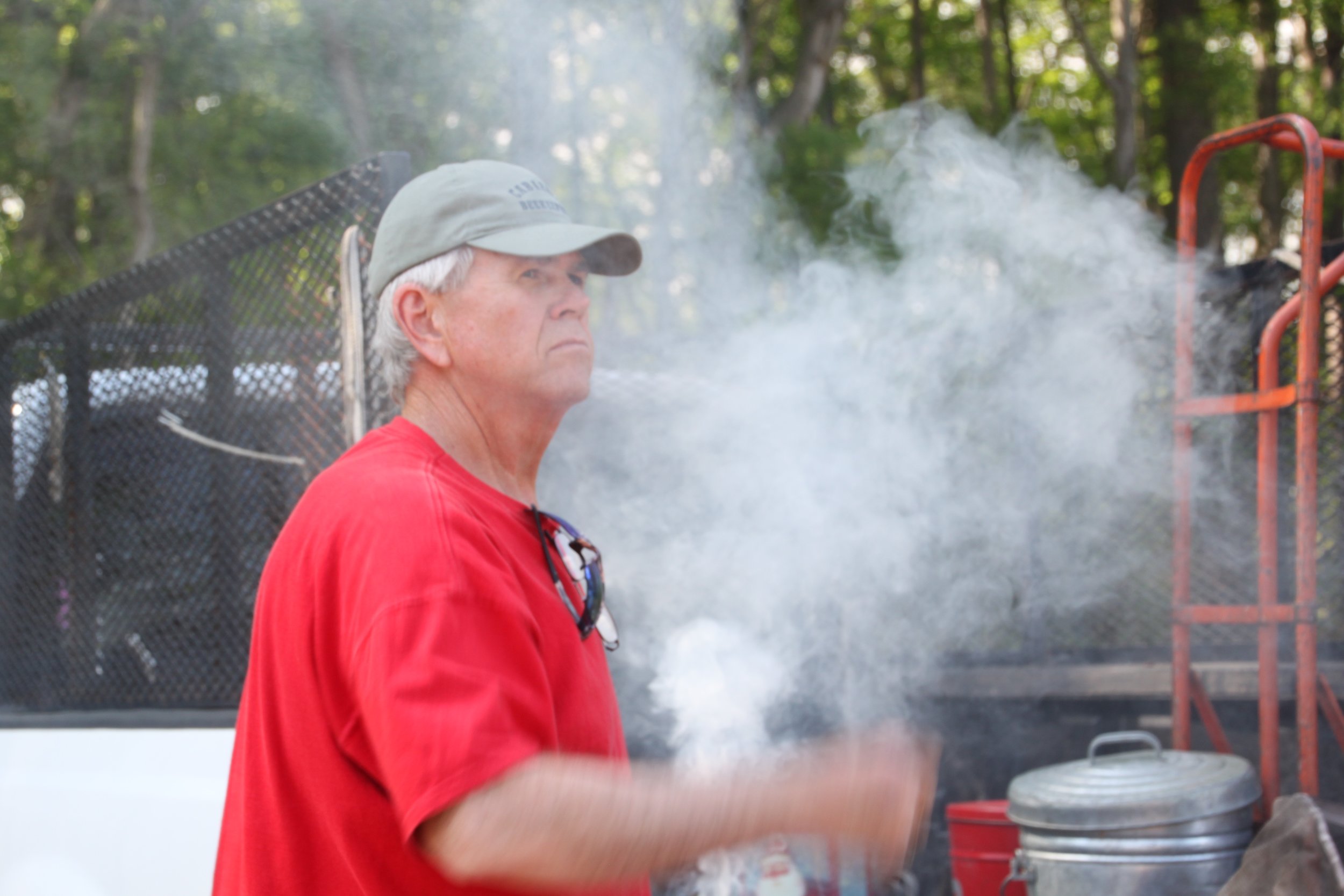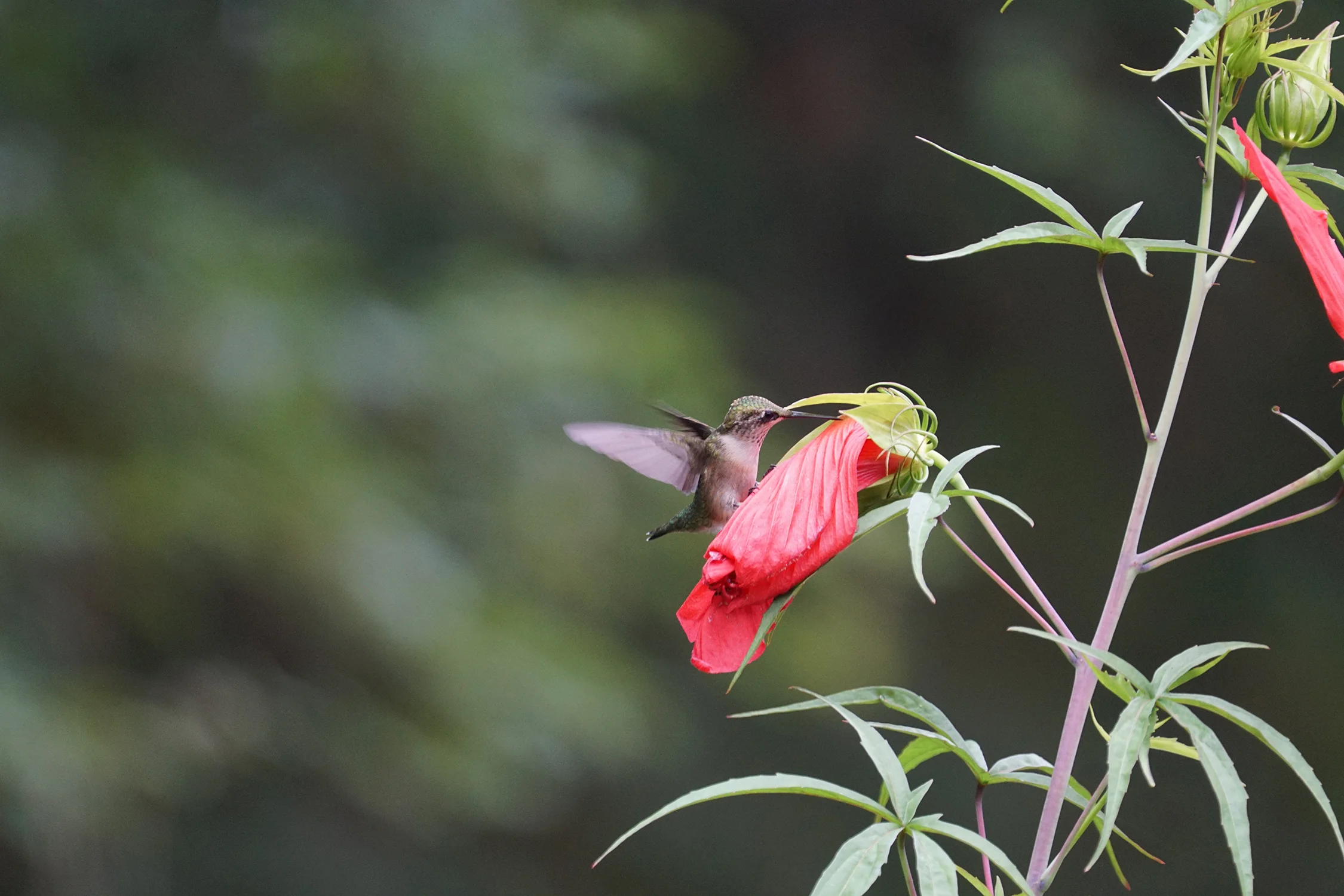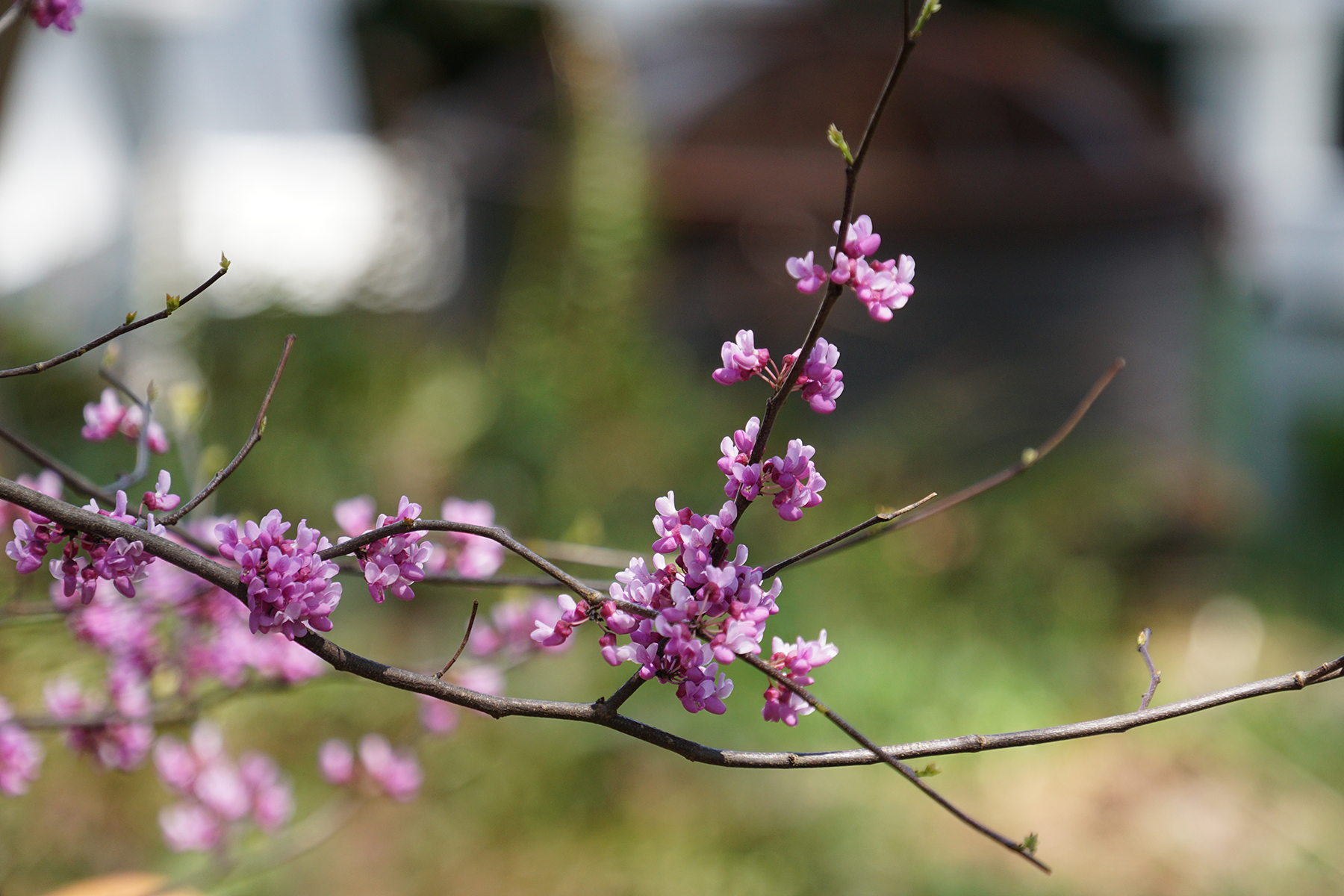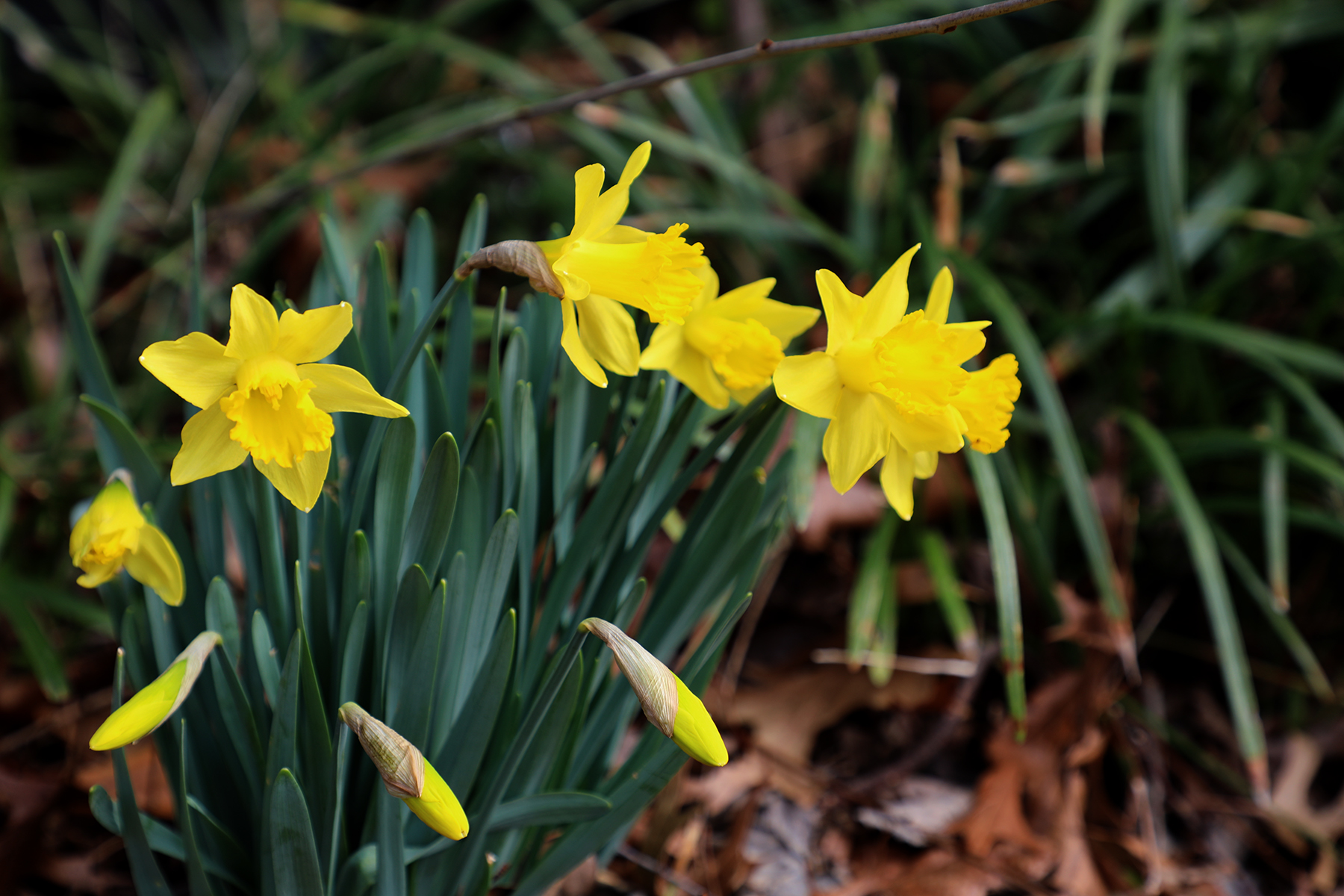Photo by Pressly Williams
For many townspeople, beekeeper John Caudle’s story is already well known. A landscaper. Third-generation farmer, running a tree nursery and tree farm. Nearly ten years ago, a diagnosis of Stage 4C tonsil cancer brought him to death’s doorstep. A last night of gasping breath, with no energy to get out of his chair brought on a vision of Jesus and then a blackout.
The next morning he was alive and breathing.
To hear him say it, he was, in effect, instantly reborn; his new life begun. He also proudly states that he has been in remission ever since.
Townspeople may also know that he originally sought out another career when he was too weak to continue his old one and fell into beekeeping; that his first harvest of honey produced dead bees and that he is now the proud owner of “Herb’s Honey,” a pure raw honey product which isn’t heated or mixed with corn syrup. His product is sold at farmer’s markets, Renfrow’s Hardware store in Matthews, honey markets and Earth Fare stores. (He also sells to a Raleigh bottler who mixes his honey with corn syrup to make “honey sauce.”)
Photo by Cyma Shapiro
“There are days when I’m there by myself…..I can be in the middle of 20 million bees and it’s like…all of sudden it’s as if they’re talking with me. I don’t understand bees, but there is a hum and a series of pitches of hums that they give to me.”
Fun Bee Facts
Honey bees fly at a speed of around 15 m.p.h. and beat their wings 200 times per second!
Each bee has 170 odorant receptors, which means they have one serious sense of smell! They use this to communicate within the hive and to recognize different types of flowers when looking for food.
(Source: National Geographic Kids online)
Today, at age 62, he feels deeply and fervently that his honey is a creation that helped save his life and can help heal others. He speaks lovingly of his “girls” – the tens of thousands of bees he owns in his over 1,000 honey boxes located in seven counties and those in his direct family – a wife, two daughters, one granddaughter and another on the way, all of whom now help or will hopefully help him in the future with the business.
“I like the bees,” Caudle said. “There are days when I’m there by myself…..I can be in the middle of 20 million bees and it’s like…all of sudden it’s as if they’re talking with me. I don’t understand bees, but there is a hum and a series of pitches of hums that they give to me.”
“I feel as if God has made me as one with his children – the bees,” he said. “God has created them. It’s nothing I did. This is 100% a gift of God.”
To go along with these sentiments are an ongoing, nonstop rumination about some aspect of his business that he must tend to, learn about, work with or grow. “(You) wake up in the middle of the night and your mind is running a million miles/hour. That’s God talking with you,” he said. “In the morning, I’ve got this new plan or direction.”
Photo by Pressly Williams
His bees are called hybrid Russians. He sells 100,000 pounds of honey each year. In peak production time (April – August), his boxes (colony) yield 50-70,000 bees, each. One hundred and ten of those boxes are located in Matthews.
Talking from his honey lot located in Renfrow Farms on West Charles Street in Matthews, he expresses pure joy at being able to do something he feels fundamentally passionate about and which he sees as a direct result of his relationship to God. “This is all a gift and a direction by God; this is not of my doing,” said Caudle, who by his own admission was missing a “personal relationship with God,” before his life-threatening illness changed his life.
While he said he often prays in his truck, upon entrance to his honey box areas, he also says a brief “thank you” to his Creator for giving him his bees. “God, thank you – look at them, they are all alive. Oh, thank you God,” he said.
A walk around his honey boxes becomes a thing of joy, with Caudle extolling the beauty of his bees (this time of year - yellow, black, orange, or gray in color), the beauty of his boxes (originally marked with simple logos which his bee-teachers said were a necessity to steer the bees to the correct boxes), the importance of his Queens (carefully picked by him and sometimes killed and replaced by him out of necessity for survival of that colony), excitedly sampling the variety of honey smells (lifting the box lids to sniff the differing aromas), often sampling his own wares (up to two to three pounds/day).
Caudle is a man content with using a pine needle smoker to spray over his body, rather than use full body or other cover-up gear. His mission is to be with and get as close as possible to his bees/colonies/boxes.
“We are ranchers of the airwaves,” said Caudle. “They fly up and away – up to two miles, collecting pollen for the preservation of their hives, bringing nectar back for the hives.”
In Matthews, his honey lot and participation in selling his wares at Renfrow’s was a serendipity of circumstances. Seven years ago, Renfrow’s owner David Blackley was seeking a way to better pollinate some of his crops which weren’t doing well (butternut squash and zucchini); Caudle’s brother wanted to encourage him to pursue beekeeping, which was in its infancy. They struck a deal: 10 initial boxes on about 1/3 acres located on the now nine-acre farm. That year, the crops were a significantly better yield, and so the partnership, John’s business and Renfrow’s crops flourished.
“It is very good honey,” said Blackley, “...some of the best in Mecklenburg Country. It’s a great addition to the farm sales. We’re pleased that the hives have done well. John has done a great job of keeping them,” Blackley said. “We like the fact that it’s unpasteurized and has no commercial agriculture happening (around the location) for three miles.”
This is clearly a man in love – in love with all his “girls,” as he calls them; in love with life and in love with his life.
So, what does the future hold? More time with his daughters, his grandchildren and a possible doubling of his hives.
“Everything is a timeline,” he said. “I love my creator. I love my family. I love my bees.”
“We are ranchers of the airwaves. They fly up and away – up to two miles, collecting pollen for the preservation of their hives, bringing nectar back for the hives.”
Photo by Pressly Williams













